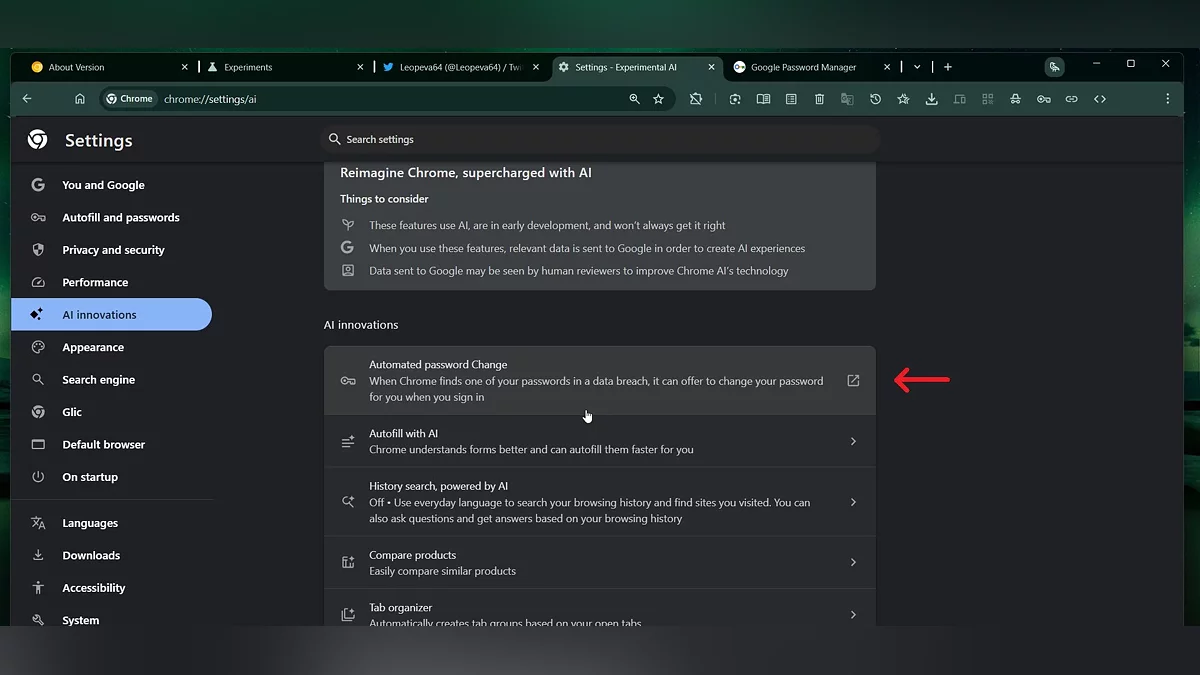Google Chrome Goes on Autopilot: Browser Now Automatically Replaces Compromised Passwords

Google Chrome is taking a bold step toward autonomous user protection. A new feature discovered in the browser’s Canary builds enables artificial intelligence to do more than just warn users about compromised passwords—it now replaces them instantly, reducing human intervention to a minimum.
When a user attempts to log into a website with a password found in leaked databases, Chrome activates its "digital bodyguard" mode. After displaying a warning, the AI takes over: it generates a cryptographically strong password, updates it on the platform, and saves it in the built-in password manager. The entire process happens in seconds, with machine learning algorithms mimicking human behavior—filling out forms and clicking buttons automatically.
This innovation ensures that no sensitive data is transmitted to external servers, as hash-prefix verification happens locally. That means neither the original passwords nor their full hashes ever leave the device. Previously, Chrome only alerted users to potential threats—now it actively eliminates them. For now, the feature is available exclusively in Canary builds and can be enabled via the "Experimental AI Features" section at chrome://settings/ai.
With the introduction of AI-driven password management, Chrome is redefining digital hygiene. Users no longer need to remember complex passwords or monitor data breaches—AI handles it all. The real question is whether this level of automation will become the new gold standard or spark concerns about over-reliance on AI.
-
Google releases first public beta of Android 16
-
Google Play Protect Now Detects Threats in Real Time with Major Security Upgrade
-
Tactical OPS, a free mobile PVP shooter, is now available on Google Play
-
Google Announces Record Crackdown on Malicious Apps in Play Store
-
Free Liar's Bar Mobile Released on Google Play
